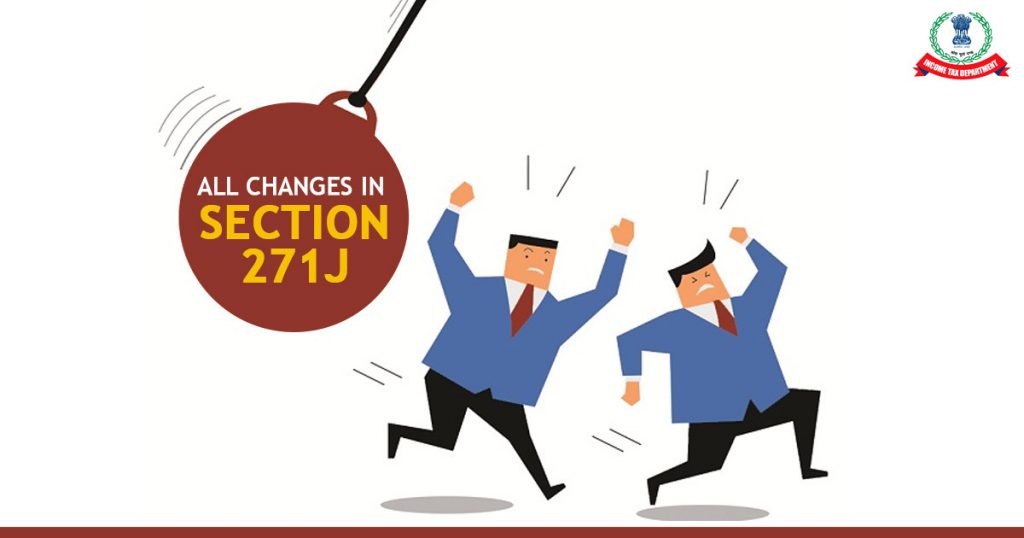
An onset of Tax Audit spell is buzzing alarm for CAs to update their knowledge about different clauses of the Form 3CD and form a check list to move in tune with Tax officials.
C.A.s may prepare and follow a step-by-step procedure which is in compliant with the I.T. rules and regulations to stay in good books of Tax authorities and avert the circumstances to be penalised.
The main purpose behind the implementation of Tax Audit was to ease the troublesome and baffling assessment process for the tax authorities. A tax auditor is responsible for the verification of the details and responding to different clauses of 3CD in the most efficient way he can while ensuring accuracy and fairness.
It doesn’t matter whether an auditor or client or both get the data ready which is needed to accomplish the tax audit, the responsibility of the accuracy of the information presented in 3CD or annexures exists with the auditor inescapably, until & unless he doesn’t prove himself innocent or evidence that he has done the allotted assignment with ultra care and efficiency.
Read Also: Best 5 Business Opportunity for Chartered Accountants in India
Here, we are not going to confer upon how tax audit is done but we shall know the consequences of furnishing incorrect details in tax audit/ Statutory reports or certificates. We shall know whether C.A. gets penalised or he bears no responsibility for that. So let’s move on with a simple question- Does C.A. hold any liability for furnishing wrong details in a tax audit by the assessing officer?
Section 271 J added in the act from April 1st. 2017 has the answer. Here, we have presented a brief study of the section:
Section 271J is about the penalty imposition on professionals for furnishing inaccurate or wrong information in a certificate or statutory report.
Without prejudice to the provisions of this Act, when the Assessing Officer or the Commissioner (Appeals), during any prosecution or proceedings under this Act, discovers that an accountant/ a registered valuer/ merchant banker has furnished incorrect or false information in any certificate or report issued under any provision of this Act or the rules formed under that, the Assessing Officer or the Commissioner (Appeals) may levy a penalty of INR 10,000 on such accountant/ registered valuer/ merchant banker for each such certificate or report.
Explanation with the Reference of Section 271J
- “accountant” signifies an accountant referred to in the Explanation below sub-section (2) of section 288;
- “merchant banker” refers to Category I merchant banker registered with the Securities and Exchange Board (SEBI) of India formed u/s 3 of the SEBI Act, 1992 (15 of 1992);
- “registered valuer” refers to a person stated in clause (oaa) of Section 2, Wealth-tax Act, 1957 (27 of 1957).
The noteworthy points elicited from the definition of the act
- The Chartered Accountant who has attested a certificate or report under the Income Tax Act must present before the assessing authorities to substantiate the rational reason behind the disappointing delivery of the results wherever it’s client assessment is under process. This may also involve travelling of C.A. from one city to another to get him/herself present before the assessing officer.
- This section has been added from April 1st, 2017 but also takes into consideration the certificates and reports signed before this date.
- This section begins with “without prejudice to the provisions of this Act”.
Key Considerations:
- The penalty can be imposed on Chartered Accountant only by Assessing Officer or CIT(Appeal). No other authority has the right to levy this penalty.
- As the section 271J is “without prejudice to the provisions of the Act”, if the C.A. is accountable to any other penalty or prosecution pursuits under the Act, he will continue to be responsible under those provisions.
- The penalty can be imposed on if the proceedings conclude that information furnished was inaccurate or false.
Recommendations:
The Judicial elucidation of “without prejudice to the provisions of this Act” has been illustrated in the below-mentioned cases:
- A.P. State Financial Corporation V. Gar Re-Rolling Mills, AIR 1994 SC 215
- CIT v. Punjab National Bank [2001] 116 Taxman 310 (Delhi).
Wrapping up:
- The ligature does not hold any intention to delay the processing of any request or submission made before any forum or department or court.
- There is, without prejudice to the provisions of this Act, right to – try to resolve any issue by taking up parallel or alternative mechanism without any disruption or delay in the proceedings taking place at the same time regarding the same matter.
- The importance of “without prejudice to the provisions of this section” is that the authority of the assessing officer to proceed u/s 143(2), even after the intimation u/s 143(1) (a), was perpetuated and wasn’t abducted. The process has not been shortened but preserved.
Implications Under the Rules of the Institute of Chartered Accountants:
- A Chartered Accountant in practice who has been penalized by I.T. Department under section 271 J, can be castigated by the Institute of Chartered Accountants of India (ICAI) also on the ground of professional violation under the Chartered Accountants Act, 1949.
- Penalty u/s 271J is leviable irrespective of the fact that penalty can/cannot be imposed on the associated assessee who also used the same false information.
